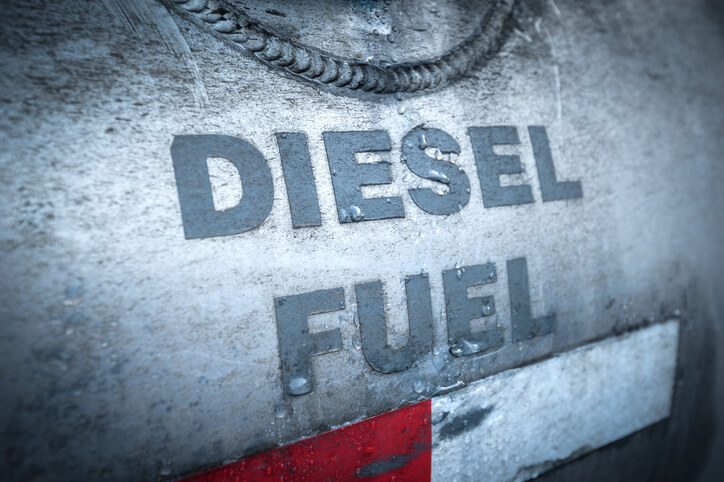Considering Diesel Mechanic Training? Discover the Impact Cold Weather Has on Fuel
If you’re contemplating a career in diesel mechanics, understanding how different conditions affect diesel engines is crucial. Cold weather is one of the most significant factors that can influence the performance and maintenance of diesel engines.
The impact of low temperatures on diesel fuel is not only fascinating from a scientific standpoint but also critical for those looking to pursue diesel mechanic training. This blog post delves into the essentials of diesel fuel’s behavior in cold weather and why it matters for aspiring diesel mechanics.
The Science Behind Diesel Fuel in Cold Weather
As you’ll discover in automotive training, diesel fuel contains paraffin wax, which is beneficial for its high energy content, contributing to the efficiency and power of diesel engines. However, in cold weather, the temperature can cause this wax to solidify, leading to what is known as the “gel point” of diesel fuel. This gelling effect can clog fuel filters and lines, severely hampering the engine’s performance or preventing the vehicle from starting.
Beyond this, cold temperatures can lead to the formation of ice crystals in the fuel system. Water that has condensed out of the fuel or found its way into the tank can freeze, blocking fuel lines and filters. This issue underscores the importance of water separators and heaters in maintaining diesel engines, especially in colder climates.

The Role of Diesel Mechanics in Cold Weather Challenges
Understanding and mitigating the effects of cold weather on diesel engines is a critical skill for diesel mechanics. Here’s how professionals in the field address these challenges:
– Fuel Additives: Diesel mechanics often recommend or use anti-gel additives that lower the gel point of diesel fuel, ensuring that the fuel remains liquid and flows freely even in low temperatures. These additives can also contain de-icers to prevent water in the fuel system from freezing.
– Battery Maintenance: Cold weather can significantly impact battery performance. Diesel mechanics are skilled in testing and replacing batteries that may not hold a charge in cold conditions, ensuring that engines can start reliably.
– Engine Block Heaters: Installing and maintaining engine block heaters can prevent diesel fuel from gelling by keeping the engine at a temperature above the gel point. Mechanics may also work with fuel lines and tank heaters to maintain optimal fuel viscosity.
– Education and Awareness: Diesel mechanics are crucial in educating vehicle owners about the importance of proper winter maintenance and using winterized diesel fuels with additives pre-mixed to prevent gelling and freezing.

Why It Matters for Diesel Mechanic Training Students
For those considering diesel mechanic training, a deep understanding of how cold weather affects diesel fuel and engines is invaluable. It prepares you to tackle common winter-related issues and equips you with the knowledge to advise clients on preventive maintenance and care for their diesel vehicles in colder climates.
Further, the ability to navigate the challenges posed by cold weather can make diesel mechanics particularly valuable in regions where temperatures frequently drop below freezing. It’s a specialized skill set that can set you apart in the job market and ensure the reliability and longevity of diesel engines under your care.
The impact of cold weather on diesel fuel is a complex issue that presents unique challenges and learning opportunities for diesel mechanics. As we’ve explored, understanding these effects is crucial for anyone entering the field, not just for the practical skills it develops but also for the potential to enhance safety, efficiency, and customer satisfaction.
If you’re considering diesel mechanic training, remember that your future career could depend as much on your expertise with a wrench as it does on your understanding of how temperature affects the technology you’ll be working with daily.
Are you interested in our programs at CATI school?
Contact us for more information.

